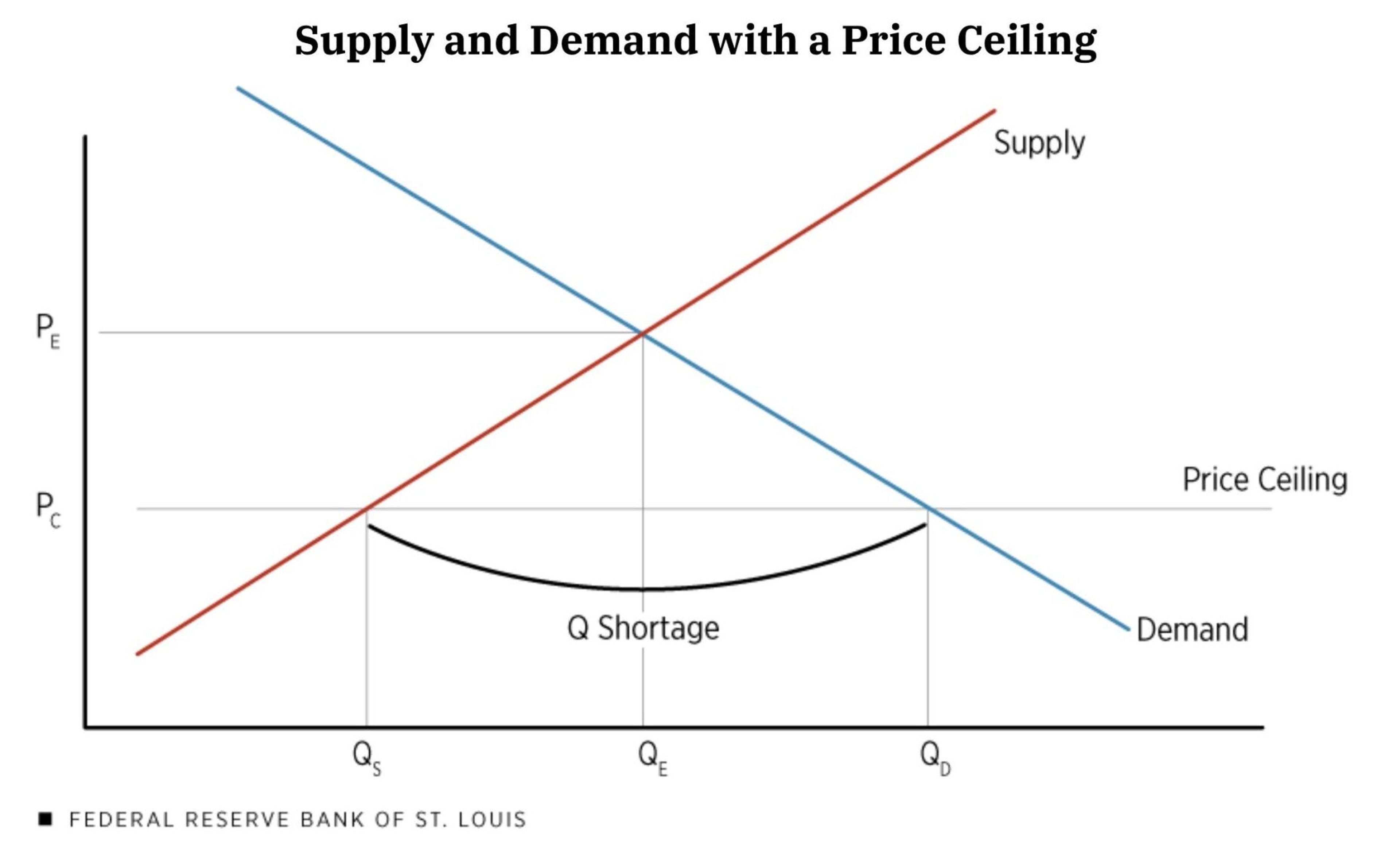Sojourners’ transitional housing program will close
Executive director says Moscow nonprofit is facing $150,000 deficit
Sojourners’ Alliance expects to shut down its transitional housing program in early May because of a nearly $150,000 shortfall.
Executive Director Steve Bonnar said the closure will force 14 adults and four children out of the Moscow nonprofit organization’s transitional housing units on North Van Buren Street at the start of May. Some of them will not be ready to leave, he said.
“What’s even worse is there’s no available housing right now,” Bonnar said.
The shutdown will also result in the elimination of one full-time office manager, a part-time security monitor and one full-time case manager. Bonnar has served as the case manager since November but he will remain as executive director.
He said Sojourners’ will convert its five men’s transitional housing rooms, one women’s unit and three family units into rentals for low-income people ages 55 and older.
The conversion to rentals and reduction in staff will allow the organization to get out of a $147,000 deficit, Bonnar said.
While the shutdown will affect transitional housing, it will not hurt Sojourners’ other programs, which mostly include its off-site permanent supportive housing, homeless prevention, rapid rehousing and motel vouchers.
Bonnar said $100,000 of the deficit originates from the Department of Housing and Urban Development 2016 decision to re-allocate its funds from transitional housing programs like Sojourners’ to so-called rapid rehousing.
The remainder of the $47,000 deficit is from adding staff and increased costs in health insurance, benefits, utilities and other items similar in nature, he said.
HUD provided $100,000 to Sojourners’ annually until the shift in federal funding three years ago. Bonnar said Sojourners’ was the only Idaho transitional housing program that survived the 2016 federal funding shift, as two organizations closed and another five or six converted their transitional housing units into rentals, which is what Sojourners’ plans to do.
He said he will not reopen the transitional housing program until $150,000 is committed.
A $326,000 federal loan Sojourners’ received in 2001 is also tying Sojourners’ hands. The loan is unforgivable and requires that the organization’s on-site housing be used for transitional housing and/or for low-income individuals ages 55 and older. If Sojourners’ does not meet those requirements, it has to pay the full loan amount.
Bonnar said he would strongly consider tearing down the on-site units across from the newly reconstructed men’s residence so new rental units could be added to generate more revenue, but federal requirements prevent him from doing so.
Bonnar said the old units have cost the organization $250,000 in repairs.
“They’re just money pits,” Bonnar said.
He said he is trying to find funding to keep the transitional housing program open a couple more months past May so residents have additional time and opportunities to find rental housing.
Bonnar said Avista Utilities is paying for a financial consultant to visit in a couple weeks to assess the organization. He said Wells Fargo may contribute money to help ease the financial burden of residents moving out.
Garrett Cabeza can be reached at (208) 883-4631, or by email to gcabeza@dnews.com.










